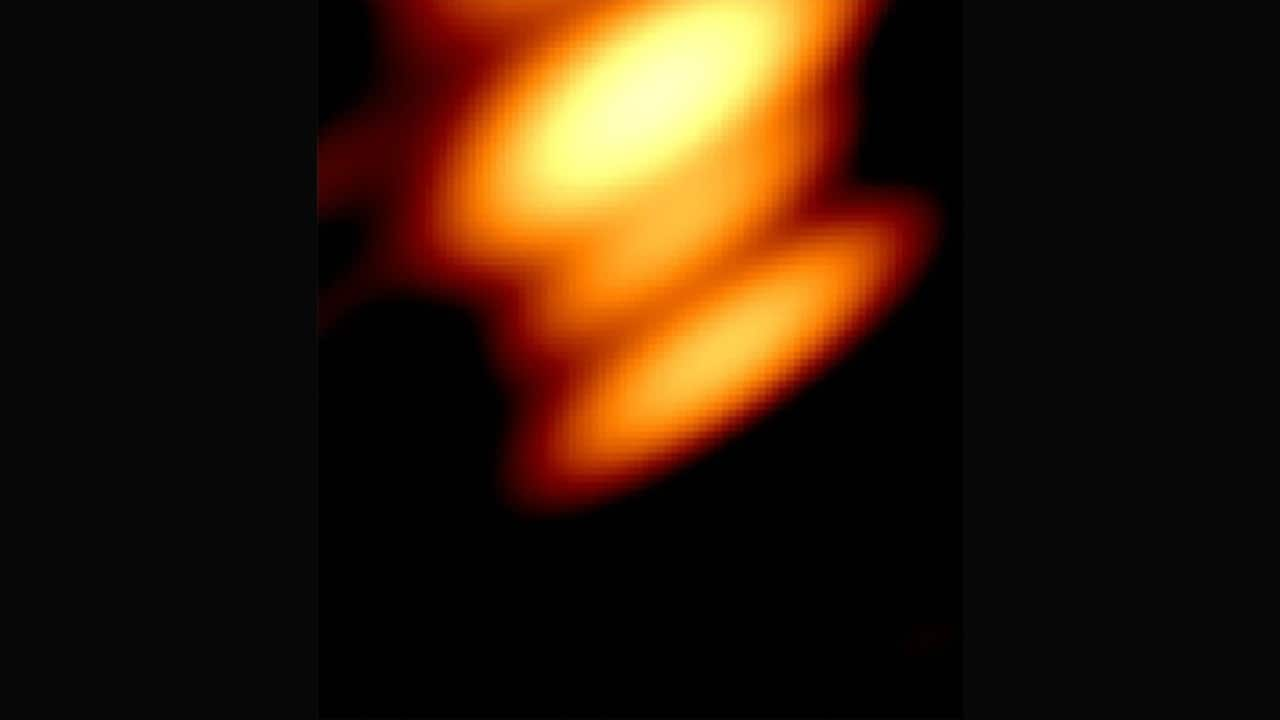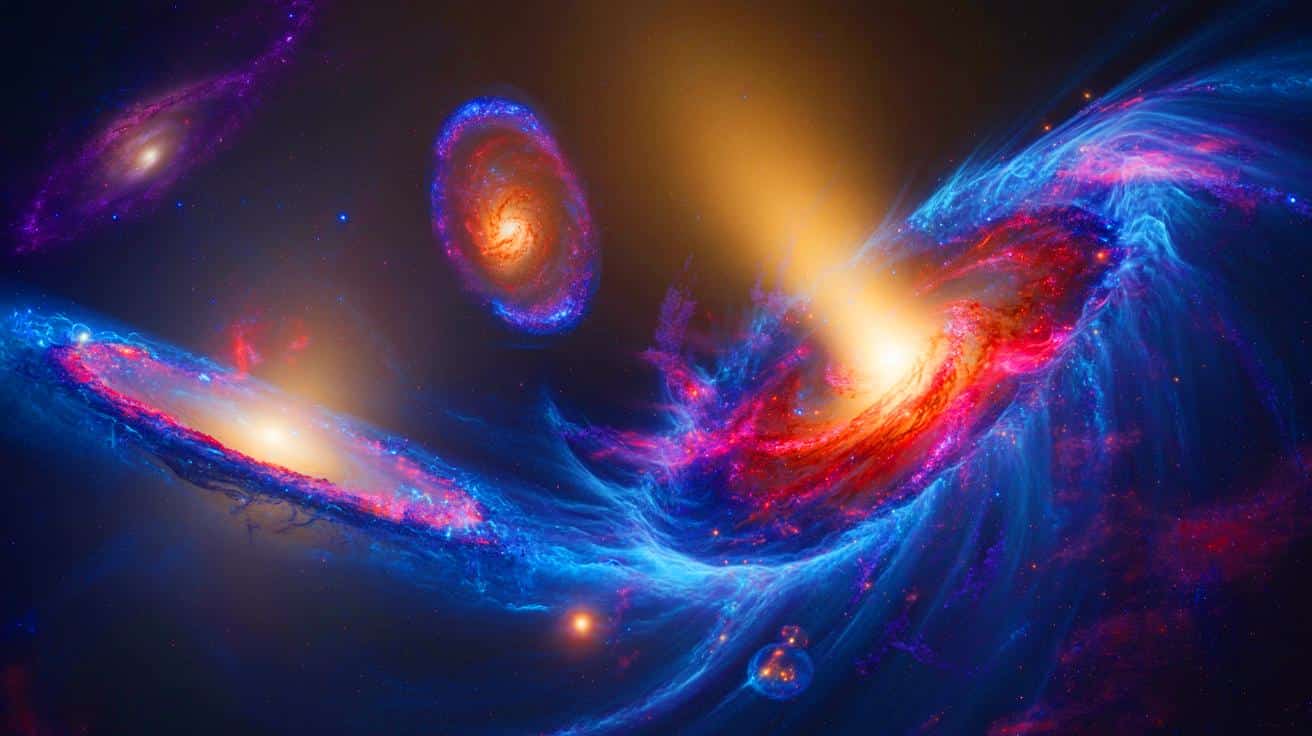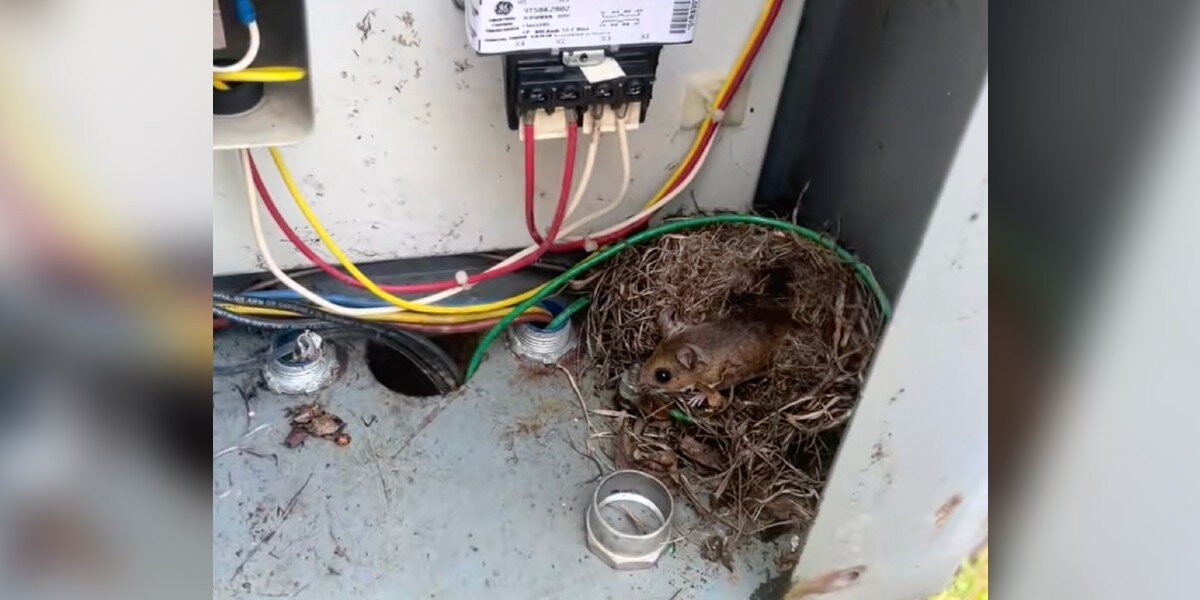Unbelievable Plan: Solar Farms at Night With Space Mirrors—But at What Cost?

Imagine a world where solar farms can soak up the sun's rays even at night, thanks to mirrors orbiting in space! Sounds like science fiction, right? But Reflect Orbital, a California-based startup, is making this ambitious vision a reality. However, not everyone is on board—astronomers are raising alarms that this innovative plan could have dire consequences for our night skies and scientific research.
According to Bloomberg, Reflect Orbital is seeking the green light from the U.S. Federal Communications Commission (FCC) to launch its experimental satellite, dubbed Earendil-1, in 2026. This satellite, stretching an impressive 18 meters long, will be the first in a growing fleet designed to reflect sunlight to designated areas on Earth, allowing solar farms to keep operating even long after the sun dips below the horizon.
But wait, there’s more! The startup envisions deploying a staggering 4,000 active satellites by 2030, all orbiting about 625 kilometers above the Earth, each equipped with massive mirrors that are 54 meters wide. These mirrors would reflect light at a brightness up to 15,000 times dimmer than the midday sun—still enough to outshine a full moon!
To put this into perspective, Reflect Orbital estimates that approximately 3,000 satellites would be needed to deliver just 20% of midday sunlight to selected locations. This ambitious plan has some serious implications, as each satellite zips around Earth at a speed of 7.5 kilometers per second, only capable of providing light for 3.5 minutes within a 1,000-kilometer radius.
The founder, Ben Nowack, even floated the idea of deploying a mind-boggling 250,000 satellites, a number that exceeds the total of all active satellites and space debris currently in orbit. Experts caution, however, that this massive array would only serve to illuminate 80 locations simultaneously.
Backed by heavyweights like Sequoia Capital and tech billionaire Baiju Bhatt, the project has raised eyebrows. Anthony Tyson, science director at the Rubin Observatory, warns that even minimal reflected light could interfere with delicate astronomical instruments. Recently, a survey by the American Astronomical Society revealed that over 1,400 scientists believe their work could be disrupted by this satellite initiative.
As if that weren't enough, the environmental impact is under scrutiny too. Meredith Rawls, an astronomer at the University of Washington, highlighted concerns over artificial nighttime light disrupting nocturnal wildlife such as moths, frogs, and bats—further threatening our already fragile ecosystems. Let’s not forget the potential repercussions of light pollution on human health.
In response to these serious concerns, Reflect Orbital has pledged to evaluate environmental impacts and collaborate with local communities where they plan to operate. The company insists that any carbon emissions from launching these satellites would be offset within weeks by the clean energy generated through extended solar power production.
According to the Satellite Industry Association, the race to space is heating up—nearly 2,700 satellites launched in 2024 alone, led by companies like SpaceX’s Starlink, Amazon’s Kuiper, and Eutelsat OneWeb. So, as Reflect Orbital pushes the boundaries of what's possible with solar energy, the question looms: will the benefits outweigh the potential harms to our planet and the universe beyond?

















